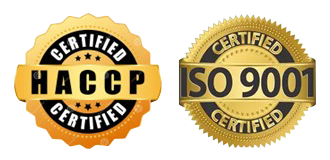What is Nutmeg, Indonesia’s Legendary Spice
Nutmeg (Myristica fragrans Houtt) is a legendary tropical spice plant originating from the Banda Islands in the Maluku region of Indonesia. It produces two main commodities, nutmeg seeds and mace, which have high economic value and are widely used in the culinary, pharmaceutical, cosmetic, and aromatherapy industries.
A Short History of Nutmeg, Indonesia’s Spice
One of its most iconic moments was the exchange of Rhun Island for Manhattan Island. In 1667, the Dutch handed Manhattan (now the heart of New York City) over to the British through the Treaty of Breda, gaining full control of Rhun Island in return. This exchange is concrete evidence of how valuable nutmeg was at the time—more valuable than an entire island.
Nutmeg holds significant historical value for the Maluku’s people. The Banda Islands were historically the only place on Earth where nutmeg trees flourished in their natural habitat. Consequently, the Banda Islands played a pivotal role in global trade history, attracting European nations to travel great distances to the Indonesian archipelago.
The Unique Characteristics of Indonesian Nutmeg Plants
Nutmeg plants have distinctive characteristics. The nutmeg tree can grow up to 10 meters tall and has lush green leaves. After five to seven years, the tree begins to bear fruit. The tree is at its most productive at 20 years old. The fruit is pale yellow and splits into two when ripe, revealing red seeds and arils.
There are two types of nutmeg: round and long. Both types have a strong, refreshing aroma. These characteristics distinguish them in the international market when used as an Indonesian cooking spice, aromatherapy ingredient, or beauty industry.

Nutmeg Benefits from Its Parts
As a legendary Indonesian spice, nutmeg offers a wide range of benefits. Nearly every part of the fruit is useful:
1. Nutmeg Fruit:
Commonly processed into traditional beverages, herbal remedies, and various products such as jam and candy.
2. Nutmeg Seeds:
Widely used as a culinary spice, they are also popular in aromatherapy and traditional medicine to help with digestive issues and insomnia.
3. Nutmeg Mace (Flower):
Besides being a flavorful cooking spice, mace is used as a natural dye and a key ingredient in perfumes.
4. Nutmeg Oil:
Extracted from the seeds, nutmeg oil is well known for relieving muscle pain and headaches, as well as aiding digestion.
From fruit to flower, nutmeg reminds us that sustainable use of natural resources starts with understanding their full potential.
Sasi Tradition: Local Wisdom in Preserving Indonesian Nutmeg
In Maluku, the management of nutmeg is closely tied to the Sasi Tradition—a community-based system for managing natural resources. Sasi prohibits the harvesting of natural resources, both on land and at sea, during specific periods to ensure sustainability.
In the case of nutmeg, Sasi dictates when the fruit may be harvested. During the prohibited period, no one is allowed to pick or collect nutmeg. Violations of Sasi are subject to strict customary sanctions, which may include fines, moral reprimands, or even social exclusion.
Sasi is typically marked by traditional signs, such as palm fronds or wooden stakes placed around the gardens. Its enforcement involves not only customary leaders but also religious figures, including priests or imams. This collaboration underscores that Sasi is deeply rooted in both spiritual and social values.
More than just a set of regulations, Sasi embodies the philosophy of life held by the people of Maluku: nature is not something to be exploited, but rather respected and protected collectively. Today, this tradition is increasingly recognized as a model of indigenous conservation that contributes to environmental protection and sustainable development.
Economic Opportunities for Indonesian Nutmeg
Nutmeg is more than a traditional spice—it is a valuable export commodity that plays a crucial role in supporting Indonesia’s foreign exchange earnings. As one of the world’s leading producers and exporters of nutmeg seeds and kernels, Indonesia commands approximately 75% of the global market share. With its high export value and consistent international demand, Indonesian nutmeg presents promising opportunities on the global stage.
Beyond its economic significance at the national level, nutmeg cultivation is deeply interwoven with the livelihoods of local communities, particularly in Maluku and other producing regions. From smallholder farmers to small and medium enterprises (SMEs), the nutmeg value chain offers diverse economic benefits that can be nurtured through sustainable development practices.
Read More: First Nutmeg Export to the Netherlands
Nutmeg is not merely a fragrant kitchen spice—it embodies the heritage of a nation, sustains livelihoods, and symbolizes a path toward a more prosperous future. For many local communities, nutmeg cultivation is more than an economic activity; it is a way of life enriched by cultural traditions, spiritual meaning, and a strong sense of community. As global interest in sustainable and ethically sourced spices grows, Indonesian nutmeg is well-positioned to flourish in both value and impact.



